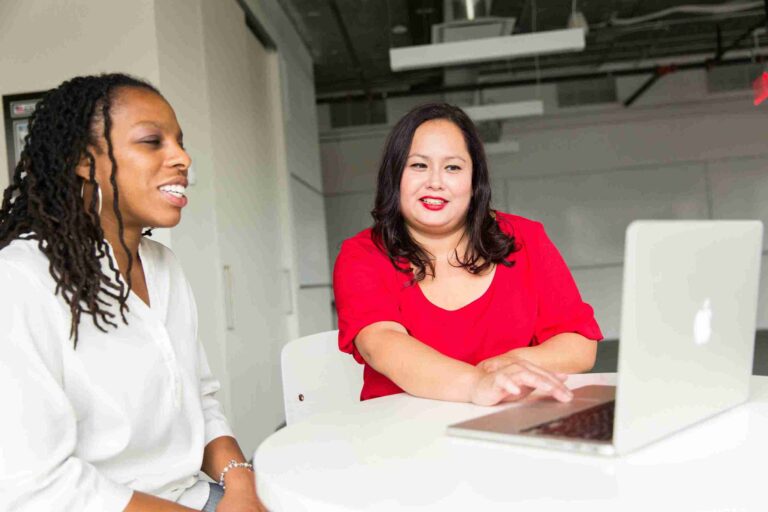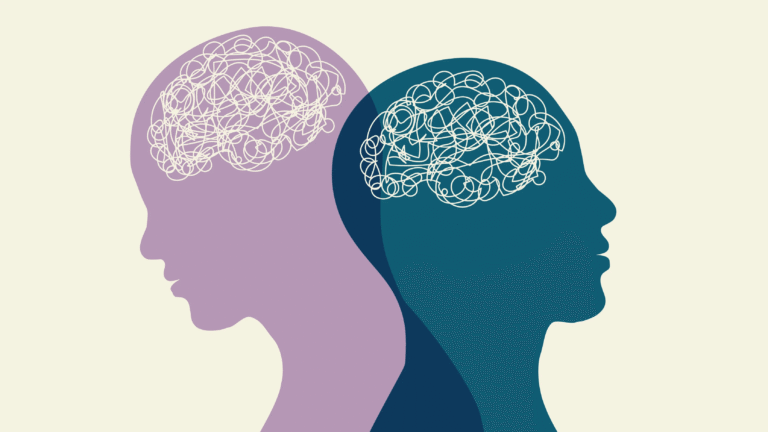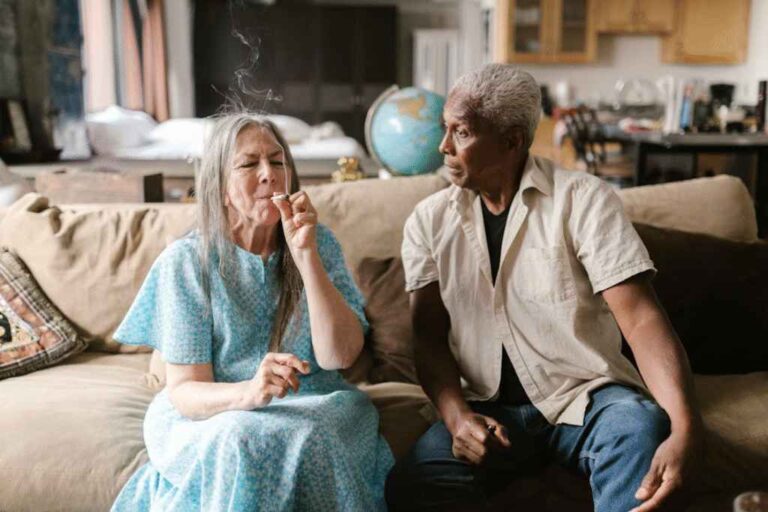There’s an invisible weight that parents carry—one that doesn’t show up on any scale but feels heavier with each passing day. When you’re raising one of the 9.4% of children with developmental disabilities, that burden becomes even more pronounced.
The statistics tell a sobering story. Mothers are nearly three times more likely to develop anxiety or depression compared to parents of typically developing children. For fathers, the risk doubles—and when challenging behaviors are involved, it jumps to seven times higher. Yet within this landscape of stress and worry, something as seemingly simple as a well-designed special needs stroller collection can provide unexpected relief for the entire family.
We’re not going to pretend that magic exists. The appropriate pediatric mobility aids also work to identify the practical challenges that contribute to caregiver stress in the first place.
When Your Body Gets a Break, Your Mind Does Too
Think about what happens anytime you go out with a child who has special needs. First, there is the physical labor of lifting and carrying a child that has likely gotten heavier. Then, there is the constant vigilance required to keep a child safe in public. And, to top it all off, you have to find ways to plan around accessibility challenges and limitations.
Your shoulders hurt. Your back hurts. Your mind can’t help but race through all of the worst-case scenarios.
Now imagine having equipment that actually works with you rather than against you. Special-needs strollers provide weight capacity and postural support that standard pushchairs simply can’t match. Features like shock absorption and flexible steering reduce the physical demands on your body during outings.
Here’s what caught my attention in the research: over 90% of parents report that walking with a stroller increases their physical activity and mental wellbeing. That’s not a coincidence; it’s evidence of how addressing practical needs creates space for psychological relief.
When you’re not constantly worried about whether you can physically manage an outing, your mind becomes available for other things. You notice your child’s excitement at seeing ducks in the pond. You can actually engage in conversation with other parents at the playground. For families still struggling with the broader mental-health challenges of special-needs parenting, this set of questions helps you support your child emotionally. It offers a quick, evidence-based way to start deeper conversations. And professional mental-health support can provide additional coping strategies and specialized guidance.
Small Wheels, Big World
Children with special needs often face a particularly cruel irony: they need more sensory experiences and social interaction for healthy development, yet mobility limitations make these encounters harder to access.
The ripple effects are significant. When a child can’t comfortably participate in family outings, everyone’s world gets smaller. Siblings miss out on activities. Parents become increasingly isolated from their communities.
Inclusive mobility changes this dynamic in measurable ways. Specialized strollers enable children to join activities that would otherwise be impossible, such as family walks, community festivals, and even simple trips to the grocery store. This child’s social participation isn’t just about fun; it’s crucial for cognitive, physical, and sensory development.
Watch what happens when barriers start falling away:
- Children gain confidence through environmental exploration
- Families can maintain routines that support everyone’s wellbeing
- Parents rediscover activities they’d written off as “too difficult”
- Siblings benefit from inclusive family experiences
That’s the upside. Choosing the right gear is the hard part. While researching options, I compared many prominent vendors like Adaptivemall, eSpecial Needs, Tadpole Adaptive, Medimart, Spinlife, Rehabmart, and even Vitality Medical. Features and prices varied, but only one retailer consistently earned top marks for transparent pricing and diverse payment methods, verified parent reviews, and fast, knowledgeable support. This retailer is Shop Home Med. If you’re weighing an upgrade, check their special needs stroller collection, and note how each model handles growth, support, and accessories, and see how it stacks up against the rest.
With the right wheels underneath them, kids get a bigger stage, parents get a wider circle, and an ordinary Saturday starts feeling wide-open again.
The Confidence Equation
Perhaps the most significant change happens in how families view their possibilities. Instead of constantly asking “Can we manage this?” parents begin to think “How can we make this work?”
That shift matters enormously for anxiety reduction. Special-needs strollers provide secure restraint systems that allow parents to navigate crowded spaces with confidence. Storage capacity handles the medical equipment and comfort items that many families need to carry. Sleep-friendly design means children can rest during longer outings without disrupting family plans.
These aren’t minor concerns. They’re the building blocks of family life.
Research suggests that while parents of children with special needs face ongoing challenges, many develop remarkable resilience over time. The key lies in having tools that support adaptation rather than create additional obstacles.
When you can trust your equipment to keep your child safe and comfortable, your mental energy becomes available for connection rather than crisis management. You start accepting invitations instead of making excuses. Family walks become feasible exercise opportunities rather than logistical nightmares.
The confidence builds slowly but surely. Success breeds success.
Beyond Getting from A to B
What we’re really discussing isn’t transportation, it’s transformation of a different sort. The kind that happens when practical tools address real challenges, creating space for the ordinary moments that make family life meaningful.
Special needs strollers won’t solve all the challenges families experience. They will not erase caregiver stress or cure developmental disabilities. But they can give families something equally important: the ability to participate more seamlessly in the rhythms of daily life.
When mobility becomes less of a hurdle, families often discover new resources they did not know they had—planning energy for further adventures. Patience for teachable moments. Joy in being with one another.














